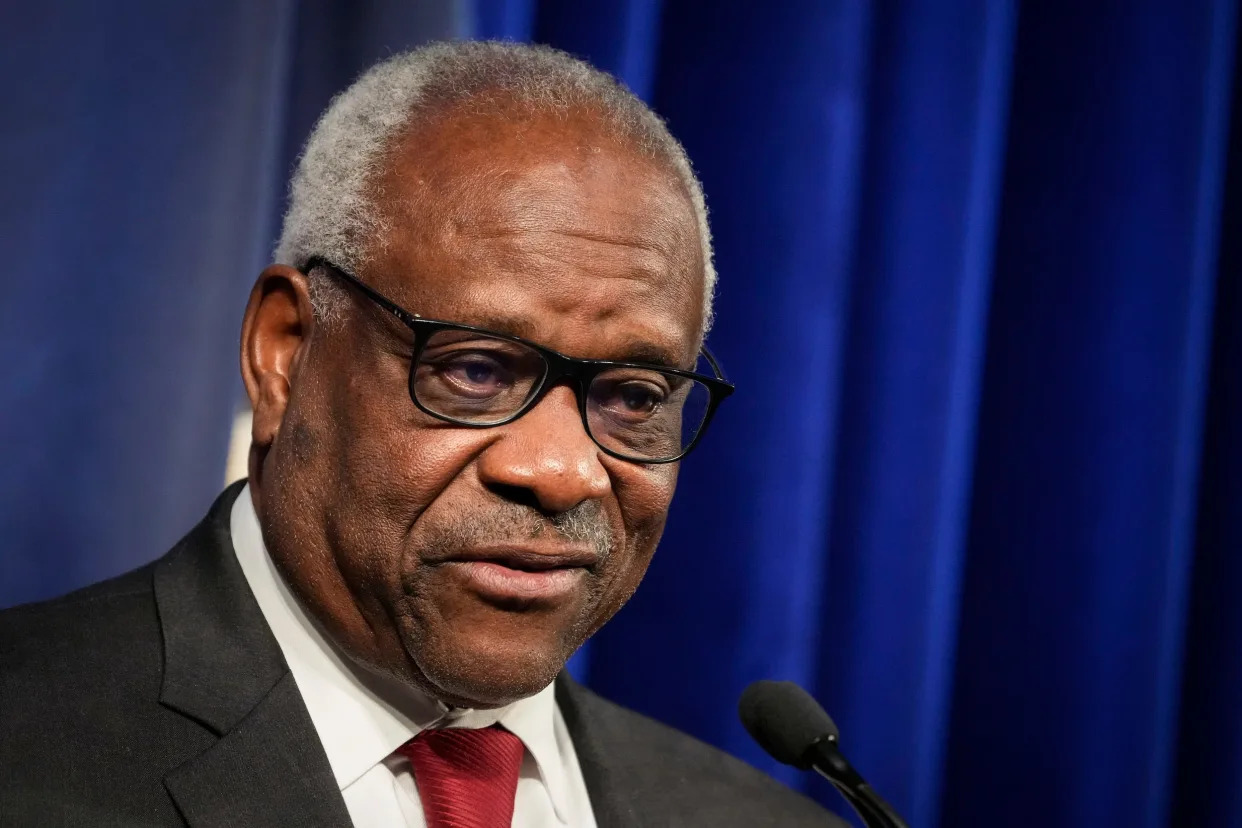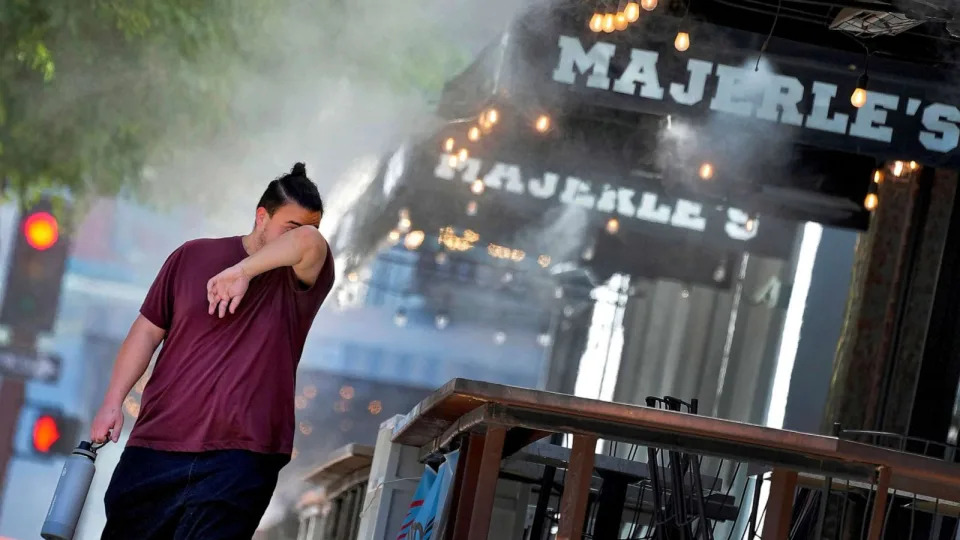Insider
Clarence Thomas never paid back a $267,230 loan from a rich friend used to buy a luxury RV, Senate committee finds
Kelsey Vlamis – October 25, 2023

- The Senate Finance Committee found Clarence Thomas never paid back a $267,230 loan from a rich friend.
- The New York Times previously reported Thomas used the loan to buy a luxury RV.
- The committee said Thomas never reported the forgiven loan on ethics filings.
Supreme Court Justice Clarence Thomas spent $267,230 on a luxury RV with a loan from a wealthy friend, but never fully paid it back, the Senate Finance Committee said Wednesday.
The New York Times first reported on the loan in August, revealing Thomas paid $267,230 for a Prevost Marathon RV in 1999, or eight years after he was appointed to the Supreme Court. The Times found that while Thomas had told people he had saved up to make the purchase, it was actually financed, in part, by Anthony Welters, a wealthy healthcare industry executive and close friend of the justice.
The Senate Finance Committee launched an inquiry following the Times’ reporting and published its findings on Wednesday. The committee said Thomas paid interest payments on the loan but never paid a “substantial portion” of the loan, and possibly never paid back any portion of the principal.
Documents reviewed by the committee included a handwritten note from 2008 in which Welters told Thomas he would no longer seek further payments on the loan. The committee said the note also said Thomas had only made interest payments on the loan.
While the committee said additional documents related to the loan may exist, nothing they reviewed suggested Thomas ever made payments that exceeded the annual interest.
“Justice Thomas did not disclose this forgiven debt on his ethics filings, raising questions as to whether Thomas properly reported the associated income on his tax returns,” the committee staff said.
A representative for the Supreme Court did not immediately respond to Insider’s request for comment.
In a statement provided to Insider, Welters acknowledged the loan and said he believed it had been “satisfied.”
“Because the loan was made 25 years ago and completed 15 years ago, bank statements – which I sought – no longer exist. While not a tangible record, I continue to put stock in my contemporaneous belief,” Welters said.
“As anyone who has borrowed from or lent to family or friends, it’s simply not the same as a bank,” he added. “Bottom line, I lent a friend money. The loan was properly papered. The loan, I felt, was satisfactorily repaid.”
Welters previously told the Times the loan had been “satisfied” and acknowledged that Thomas used the money to “buy a recreational vehicle, which is a passion of his.” He did not answer additional questions about how much Thomas had paid back on the loan.
Editors note: This story has been updated to include comment received from Anthony Welters after publication.












